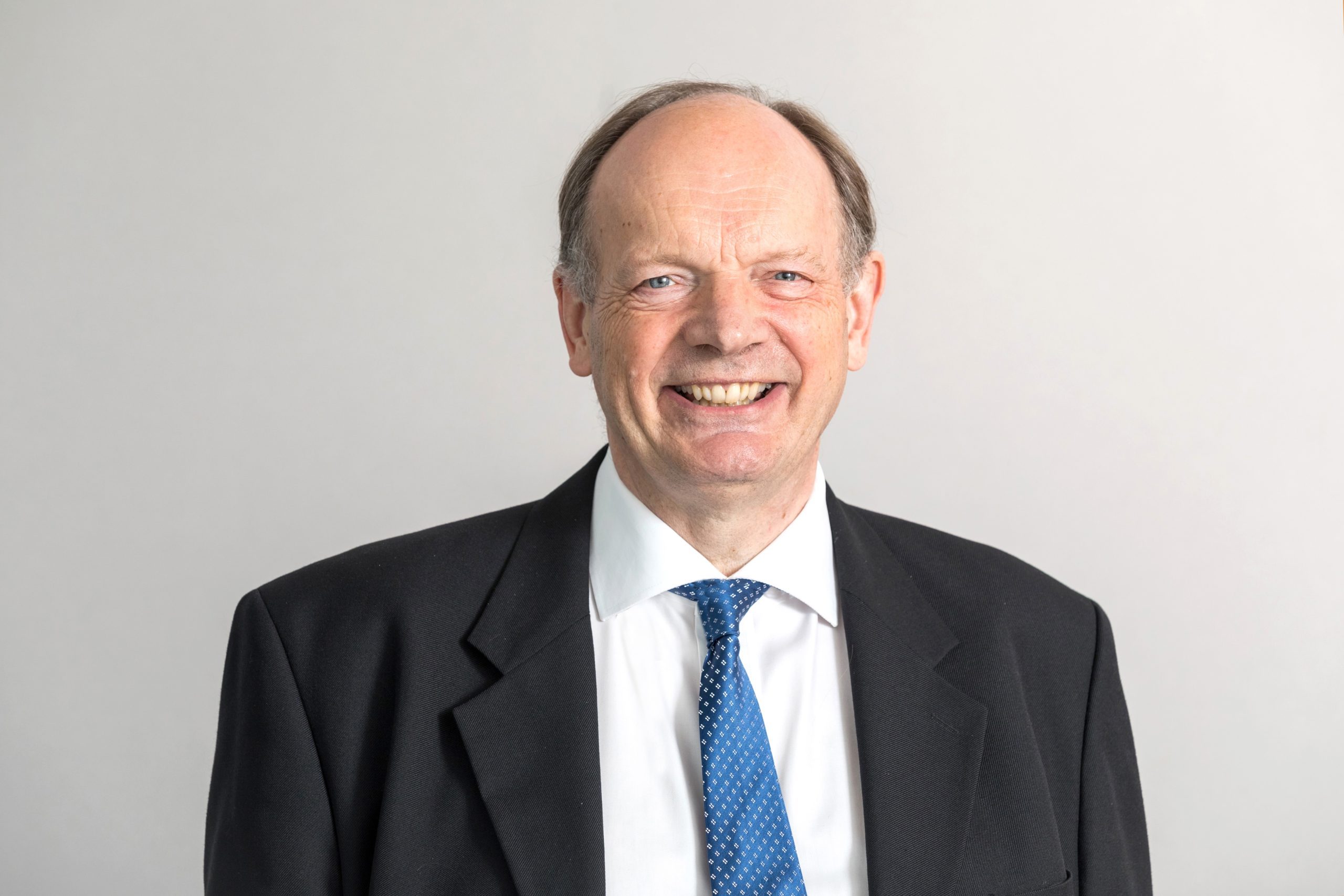Esteemed scientist is honored with the 2023 Jacobæus Prize for his decades of impactful research, discovering the p53 protein and providing profound insights into its diverse effects on various cellular functions. P53 helps our bodies defend against cancer and also plays an important role in various physiological and endocrine functions. The Prize includes a grant of DKK 1.5 million.
Professor Sir David Lane is undoubtedly a pillar in scientific research. His stature as a preeminent scientist on the global stage, coupled with an impressive portfolio of over 380 publications, is a testament to his contribution to the field.
The Novo Nordisk Foundation is awarding Sir David Lane the 2023 Jacobæus Prize for his enduring scientific contributions. A grant of DKK 1,500,000 accompanies the Prize. To advance medical exploration, the Prize is conferred each year upon an outstanding global researcher, who is invited to present a lecture on their research.
In response to the honor, Sir Lane expresses his appreciation: “I am delighted to receive the Prize for myself and my team. You always feel a bit humble because there are so many other great people, and it’s a topic where many people have worked. But of course, I am just thrilled.”
Crucial discovery
Sir Lane is best known for the groundbreaking discovery of p53 in 1979 – a small protein with a significant impact. Additionally, his subsequent and substantial scientific contributions have played a pivotal role in uncovering the importance of this specific protein.
Most famously, p53 acts as a tumor suppressor protein, which means it assists our bodies in defending against cancer. P53 senses if the DNA inside our cells is damaged. Subsequently, it helps determine whether damaged DNA will undergo repair or if the damage is significant enough for the cell to self-destruct.
While p53’s initial recognition stems from its role in preventing cancer, recent scientific advancements have illuminated it as a key player in various normal cellular activities. P53 is frequently labeled a “master regulator”, controlling the activation of genes involved in a wide range of biological functions, including cell cycle, cell death, normal development, metabolism, and immune responses.
The central connection between p53 and metabolism is essential for both physiology and endocrinology. For instance, p53 interacts with thyroid hormone receptors, influencing receptor activity, and plays a role in bone health by modulating and remodeling bone formation in response to hormonal signals.
Prestigious Prize
Professor Sir David Lane’s work has been invaluable in uncovering the molecular mechanisms of p53 and its relevance to human physiology and health, and he is therefore honored with this year’s Jacobæus Prize.
“Since he discovered the p53 protein in 1979, Sir David Lane has made important contributions to our understanding of the role of p53 in human disease, in particular tumor biology. However, while the role of p53 in cancer is well appreciated, the importance of p53 in endocrinology is also an area of intensive research, and it is now known that p53 plays a role in several endocrine functions. With the Jacobæus Prize, we would like to honor him for his contributions to the understanding of fundamental cellular physiology in endocrinology, both in health and disease,” says Anna Krook, Chair of the Foundation’s Committee on Endocrinology and Metabolism and Professor, Department of Physiology and Pharmacology, Karolinska Institute, Stockholm, Sweden.
Even though decades have passed since the protein’s discovery, its multifaceted roles in cell behavior and human health continue to unfold. Sir Lane still has many lingering questions regarding the protein and intends to explore some of these queries with the grant funds.
“Getting research funds is not that easy, especially if you want to do things that are not immediately popular. So being able to pursue the particular things I want to do is just great. I am excited about it,” Sir Lane says.
Long Career
Sir David Lane is a globally renowned immunologist, molecular biologist, and cancer researcher. He presently holds the position of professor at the Department of Microbiology, Tumor and Cell Biology at Karolinska Institute in Sweden and serves as chairman of Chugai Pharmabody.
Sir Lane’s remarkable contributions have earned him many international honors, such as the Paul Ehrlich Prize in 1998, the Medal of Honor from the International Agency for Research on Cancer in 2005, and the Cancer Research UK Lifetime Achievement Prize in 2012.
Additionally, he is a Fellow of the Royal Society of London and the Royal Society of Edinburgh and a member of the National Academy of Sciences in the United States. In 2000 Queen Elizabeth knighted him for his substantial contribution to cancer research, and in 2022 he was made an honorary citizen of Singapore.
Professor Sir David Lane will receive the 2023 Jacobæus Prize on 29 August in Åbo, Finland, where he will give a lecture on his research.
About the Jacobæus Prize
The Jacobæus Prize was established in 1939 to commemorate the Swedish professor Hans Christian Jacobæus. The purpose of the Prize is to promote medical research, and it is awarded annually to a distinguished international researcher, who is invited to give a lecture on his or her research on a topic within physiology or endocrinology. The accompanying award of DKK 1,500,000 (€200,000) is distributed as a personal award of DKK 250,000 and an award for research or development work of DKK 1,250,000.
The Prize is awarded under the auspices of the Committee on Endocrinology and Metabolism of the Novo Nordisk Foundation, with lectures being held mainly at Scandinavian universities or in European cities and towns connected with medical research.
Hans Christian Jacobæus (1879–1937) was a Swedish professor and pioneering clinical researcher who developed a method for exploring the pleural cavity (thoracoscopy) using a cystoscope, which greatly improved the diagnosis and treatment of lung diseases, especially tuberculosis. Hans Christian Jacobæus served on the Board of the Nordisk Insulin Foundation from its inception in 1926 and until his death.









